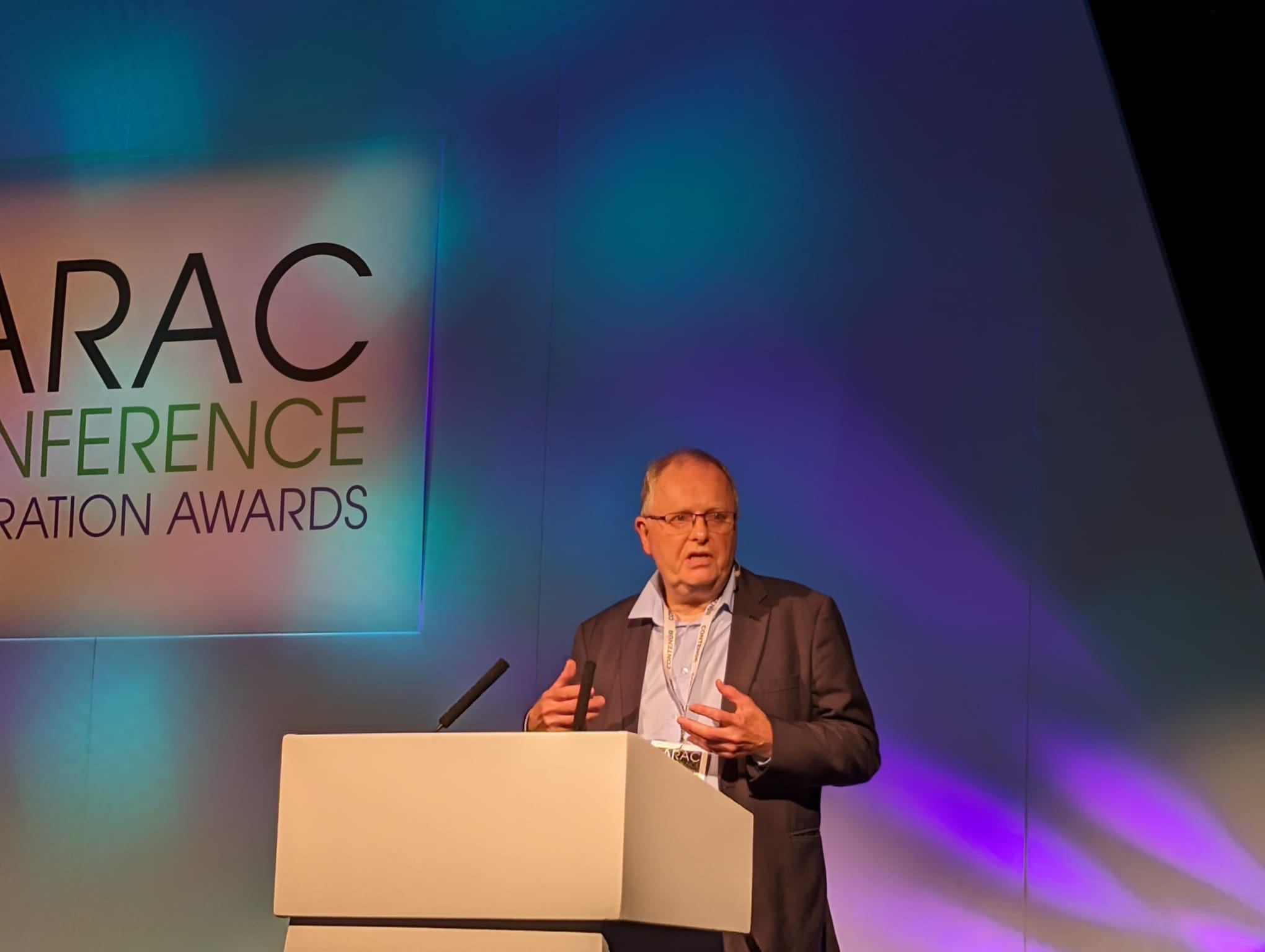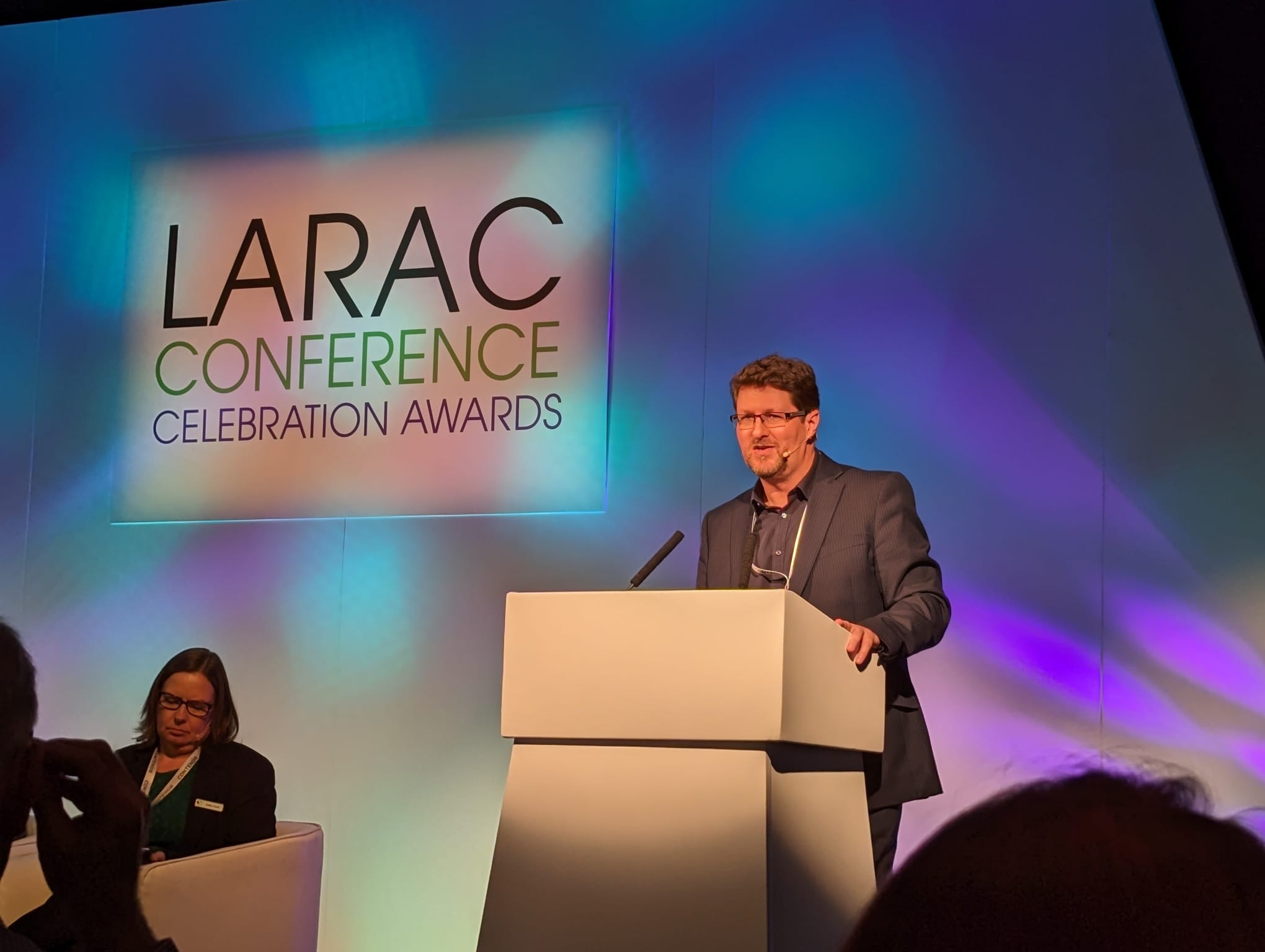David Bellamy, the federation’s environmental policy manager, explained that his members, which include some of the largest producers, are in favour of EPR because it aligns with their net zero aims by 2040.

However, he said that there are various aspects of the new scheme, which as it stands, are “sub-optimal”.
Mr Bellamy noted that successful EPR systems across the world are producer-led and that Defra should consider this.
He explained: “By producer-led, I should make it very clear that that doesn’t mean to the exclusion of other parts of the value chain, all of whom have a very clear role in delivering a successful scheme.
“But, producers will be by far the majority funders of the scheme and when looking at schemes overseas, we can see that producer-led EPR, combined with effective regulatory oversight, does deliver higher recycling rates at lower costs per capita.
“This probably comes down to the fact that producer-led schemes harness the expertise and experience of producers in managing highly complex supply chains, which is part of their day job. This makes them quite good at delivering results and keeping costs down, in line of their core business.”
He added later that under a successful system, producers would also have “ownership” of material.
There is no guarantee that the extra money raised from producers will go to recycling departments
– David Bellamy, Food and Drink Federation
Ring-fenced
Another aspect of the EPR scheme which Mr Bellamy highlighted as a concern was the ring-fencing of raised funds for recycling.
He explained that as the Federation understands, “there is no guarantee” that the extra money raised from producers will necessarily got to waste and recycling departments.
“What we are saying is that there needs to be something laid down, which ensures that happens. Whether that’s legislation or something else, that’s mandatory. It’s also important that that money is additional to what you already have in those budgets,” he said.
“Otherwise, we’re not going to move the dial on recycling in this country. We’re just really going to swap one payment model for another and the system was stay the same.”
Collaboration
Opening a discussion about EPR at the LARAC event was Paul Vanston, the chief executive of producer group INCPEN.

He said there was a need for collaboration between producers and local authorities to ensure the successful delivery of EPR.
Mr Vanston claimed that an alignment between the two sectors is getting closer, “probably because we’re understanding each other a bit more. We are all in the same boat together”.
The INCPEN chief said: “Some of us may feel we’re a bit sick of these reforms and talking about things when what we want is confidence, we want clarity and certainty to get on with it. When all is said and done, my view of these reforms is that they are a once in a generation set of reforms.
“For the people in this room, these are our reforms to implement. So I would like us to get to a position, all of us across the sectors, where we can say that together, we’ve got this.”
“That’s the challenge. I think. I would like to pose for all of the sectors. How closely are we working together? On being able to deliver those household recycling targets because it can’t all be left up to the councils. It can’t all be left up to the producers can’t all be left up to the waste management companies. It’s all of us together.”










Subscribe for free